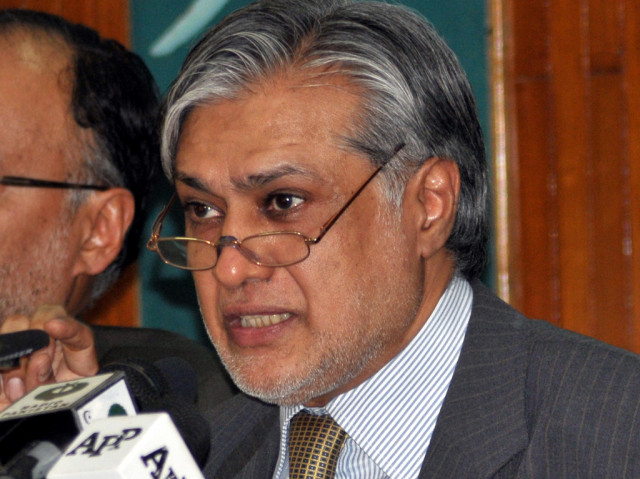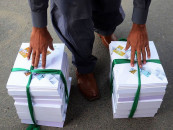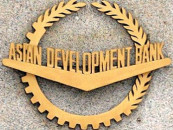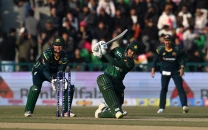Hectic negotiations: Amidst gridlock, IMF extends stay by two days
Finance minister says no new taxes will be levied; agrees to increase power tariff.

“I haven’t shown any flexibility. I’m trying to use my skills to negotiate a programme which is in the best interest of the country,” says Finance Minister Ishaq Dar. PHOTO: Zafar Aslam/Express
Both sides have so far failed to reach consensus on the terms of the bailout package, which is desperately needed by the government to cover upcoming loan repayments.
While the IMF is insisting on a prior set of actions by Pakistan to qualify for the new programme, the government seems intent on negotiating hard for favourable terms.
“I haven’t shown any flexibility. I’m trying to use my skills to negotiate a programme which is in the best interest of the country,” Finance Minister Ishaq Dar said while announcing a 48-hour extension in the stay of the IMF mission.
In Monday’s talks, the IMF has given a draft of Letter of Intent (LoI), carrying a set of actions that the country needs to take to qualify for the new programme, according to sources. The IMF wants Pakistan to meet these conditions in the next one and half month before it takes Islamabad’s request to its Executive Board for approval.

Pakistan is hoping to get up to 350% of its quota, or about $5.3 billion, in fresh loans from the IMF under the latest programme.
Clarifying the government’s position, Dar said Pakistan has not given the LOI to the IMF because further discussions are required before reaching an agreement. He added that the government will not levy more taxes as demanded by the Fund. However, he added that the government has agreed to slash power subsidies and increase electricity tariffs.
“As a member of the IMF it is our right to take loans from the Fund in difficult times and we are not apologetic”, said Dar while responding questions about the harsh conditions being imposed by the IMF. “I need six months to turn around the economy but my problem is that the country has to return a substantial amount to the IMF soon”, said Dar.
In this fiscal year, Pakistan has to return a $3.2 billion loan to the IMF in addition to over $3 billion to other international lenders. But with reserves floating at the $6 billion mark, the finance minister may need to explore other options if the talks with the IMF fail.
Rana Assad Amin, spokesperson for the finance ministry said Monday’s discussions mainly focused on the energy sector reform and the proposed fiscal adjustment of Rs655 billion or 2.5% of GDP, with the IMF being skeptical about the government’s ability to achieve such consolidation.
IMF demands
The IMF has set about half a dozen prior actions for Pakistan to qualify for the loan, sources told The Express Tribune.
These include levying more taxes, as the Fund was not satisfied with the measures taken to reach Rs2.475 trillion tax target of the new fiscal year.
Sources added that the baseline for next year’s revenue target was Rs1.96 trillion but the FBR could collect only Rs1.92 trillion. The IMF was asking Pakistan to levy more taxes to cover at least this gap.
Additionally, the IMF is seeking a two-thirds increase in electricity tariffs. While Dar has hinted at increasing tariffs, the issue seems to be its continuation until the government fully recovers the cost of electricity generation.
Furthermore, the Fund is also seeking to limit money market operations and is asking Pakistan to stop throwing dollars in the market to defend the rupee against the US currency.
Instead it wants the government to buy dollars from the market to strengthen the reserves. They added this will result into depreciation of rupee at least Rs5 to Rs6 against the US dollar. The rupee’s value is estimated over Rs106 a dollar.
Other IMF demands include making bank borrowing expensive and increasing the discount rate, to cover inflationary trends as a result of increased power tariffs.
Published in The Express Tribune, July 2nd, 2013.



















COMMENTS
Comments are moderated and generally will be posted if they are on-topic and not abusive.
For more information, please see our Comments FAQ